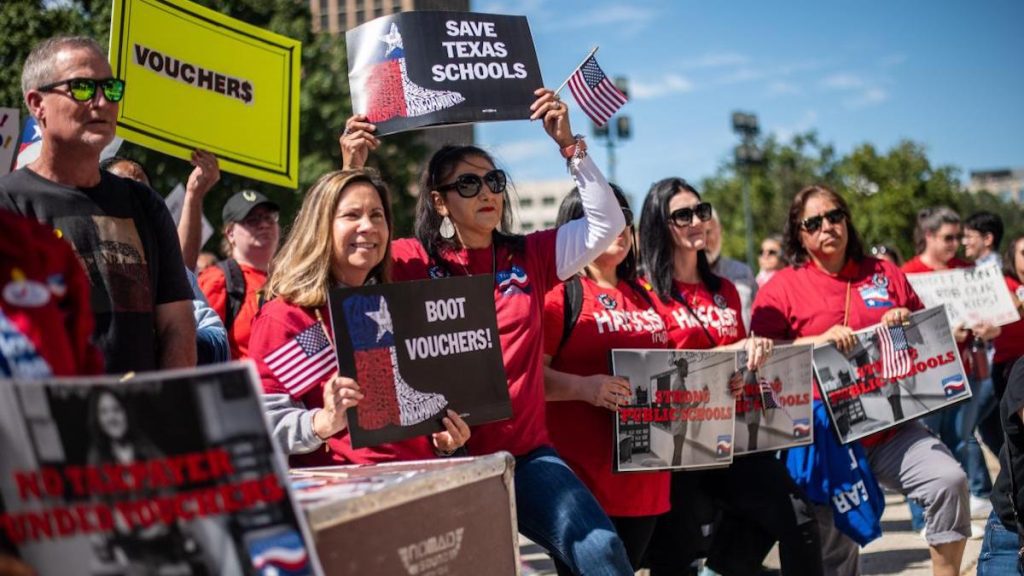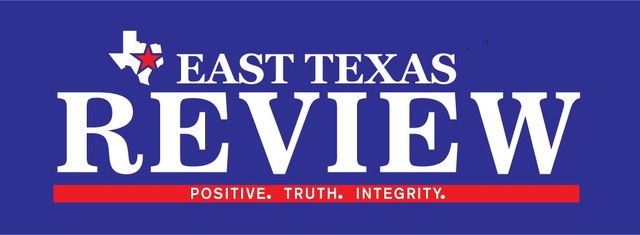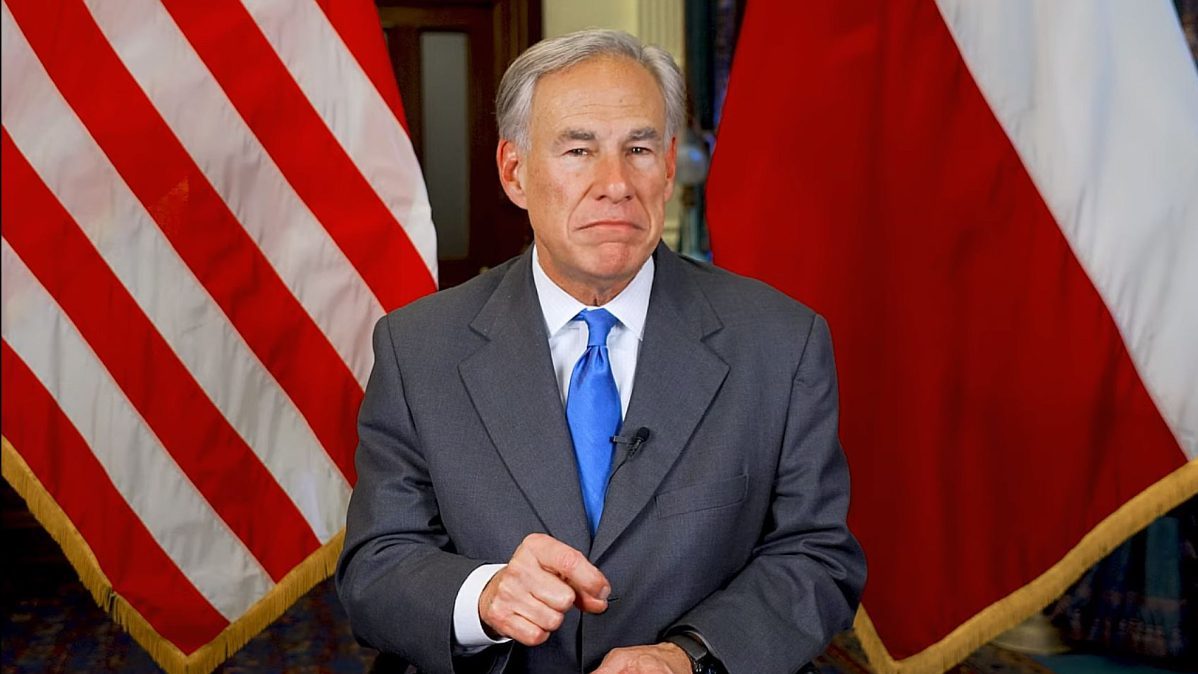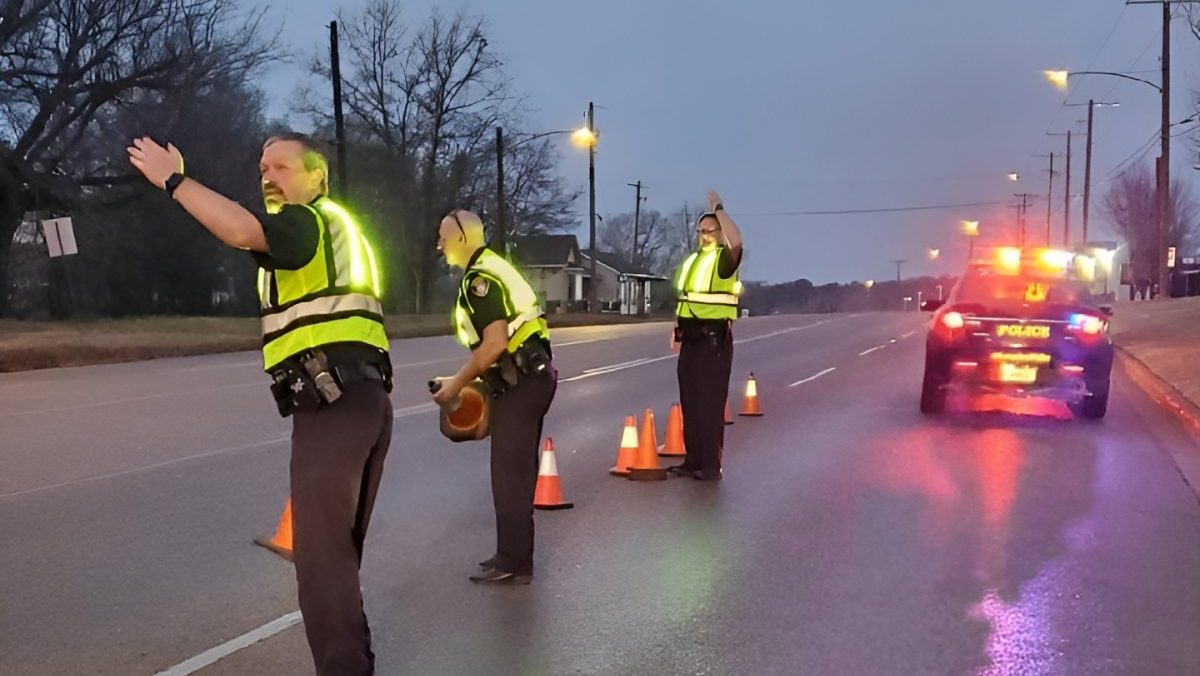Controversial SCHOOL CHOICE and BORDER SECURITY take center stage as Texas 88th Legislature begins special session.
The Texas 88th Legislature began its third special session Monday, with Governor Greg Abbott calling lawmakers back into Austin to consider the issue of legislation that will permit the diversion of some public funds to private schools. Also on the agenda is legislation relating to border security, bills that would ban private businesses from mandating COVID vaccinations, and legislation that would extend state services and oversight to the rapidly growing south Texas community of Liberty Ridge.
The special session agenda is on well-trodden ground for the Senate. In his proclamation, Governor Abbott directed the Legislature to consider “creating a criminal offense for illegal entry into this state” as well as “increasing the penalties for criminal conduct involving the smuggling of persons or the operation of a stash house.” The Senate has passed multiple bills, in both regular and special sessions, that do just that, but they never received enough support in the House. The governor also called for bills increasing funds for maintenance and operation of physical barriers along the state border with Mexico.
The Senate also passed legislation that would answer the governor’s call for school choice during the regular session, but those efforts face a steep climb in the House, where majorities have consistently rejected diversion of public money to private schools. The plan passed in April by the Senate would permit up to $8,000 per student to be given back to families to help pay for private school tuition, tutoring services, and other education related expenses. “We will chart a brighter future for all Texas children by empowering parents to choose the best education option for their child,” Abbott said in his special session proclamation calling for the creation of education savings accounts for all Texas pupils. The Senate Education Committee is slated to take up their school choice plan at a Tuesday hearing.

Teacher pay raises didn’t pass during the regular session and they don’t yet appear on the governor’s session call, but on Monday the Senate Finance Committee moved forward with a plan to increase teacher salaries across the board. SB 2, by Conroe Senator Brandon Creighton, would increase annual teacher pay by $3,000 per year in large districts, and $10,000 for teachers who work in districts with fewer than 5,000 students. Creighton says that pay for teachers in smaller rural districts lags that of their urban colleagues by tens of thousands of dollars in some cases. “It’s not designed to create a windfall where small districts pay better than the larger districts,“ he said. “It’s designed to take a teacher that’s making in the $30,000 [range] and give him or her a fighting chance to stay in the profession in that small school district.”
There’s also more money in the bill for the basic allotment, that variable that determines the base level of funding each district receives. The bill would also double the school safety allotment per student and per campus, and includes more money for local enrichment tiers.
The bill contains more money, about $1.2 billion, than was finally appropriated at the end of the regular session as Comptroller Glenn Hegar has revised the biennial revenue estimate upwards, giving lawmakers more room to increase education funding. They can’t spend everything they have in the state treasury, however, Huffman told members, as total appropriations are already approaching constitutional spending limits for the upcoming biennium. There’s about $6 billion headroom left, she said, and they have to leave enough margin to cover the supplemental budget that will be passed next session to true up projected revenues and expenditures with actual costs and income. “We must remain fiscally responsible and not commit to ongoing expenses that the state cannot sustain in future biennia,” said Huffman.





